TEHRAN (Bazaar) –Nader Entessar, Professor Emeritus of Political Science from university of South Alabama says that terrorism against Iranian targets, especially the country's nuclear facilities and scientists, will most likely escalate.
“The so-called pundits (both neocon and neoliberal) and Washington's foreign policy establishment (the blob) will go into high gear by bloviating about Iran's ‘nuclear threat’,” Entessar told Bazaar.
Following is the full text of the Bazaar interview with Professor Entessar:
Bazaar: “If Iran wants to lift sanctions beyond the JCPOA, they must address our concerns beyond the JCPOA,” State Department spokesman Ned Price said recently. Based on this, Price seems to mean that the removal of the IRGC from the US terrorist list requires talks beyond the JCPOA, and this issue will not be resolved in the form of the JCPOA. What is your assessment?
Entessar: What Ned Price is saying is that the JCPOA as it was envisioned has limited utility in the post-Trump political environment. I agree with Price's assessment of the latest impasse in the contours of US-Iran indirect nuclear negotiations. First of all, the US never implemented its limited obligations under the 2015 JCPOA.
Secondly, the plethora of US punitive laws and regulations in the past several years has rendered the JCPOA an outdated and outmoded document. Even if somehow the two sides agree to limit their obligations only to what is expected under the JCPOA, Iran's expected gains will be minimal compared to what it has to undertake. When Trump pulled the US out of the JCPOA, Iran should have done likewise.
Without the US full participation, the JCPOA is rendered useless. Thirdly, as I had indicated in previous interviews, whatever agreement (if any) is reached between the US and Iran, it will have a very short shelf life because its fate will be determined by the vagaries and uncertainties in America's domestic politics.
Bazaar: Price has also said that if Iran does not want to use nuclear talks to resolve other bilateral issues, we are confident that we can reach an agreement on the JCPOA very soon and start re-implementing the agreement. Does Price mean that the JCPOA can be revived independently of Iran's regional policy and missile program, but that sanctions labeled as non-nuclear remain?
Entessar: Yes, that is what Ned Price means. But we have to remember that the vast majority of existing sanctions on Iran are "non-nuclear" sanctions. That is why even if the two sides agree to focus only on sanctions that are covered under the 2015 JCPOA agreement, Iran will remain under all types of draconian sanctions. Also, I remain very doubtful of the Biden administration's ability or willingness to deliver on Washington's commitments even if they are kept limited to a possible revived JCPOA.
Bazaar: What are the reasons for the complexity of the JCPOA in the current period?
Entessar: As I alluded to in my answer to the first question, America's domestic political machinations have become intrinsically intertwined with the JCPOA. Today's political environment in the US is simply too toxic and the anti-Iran forces are too fanatical and too strong to allow for a rational, non-ideological assessment of US-Iran relations.
Bazaar: Iran has stated that if the nuclear deal is not finalized, the International Atomic Energy Agency (IAEA) camera film installed under the extra-safeguards agreement will probably be deleted. In this case, Iran will continue to cooperate with the IAEA in accordance with the Agency's safeguards agreements, but the extra- safeguards agreements that Iran has accepted under the JCPOA will terminate. What will be the US reaction in this situation?
Entessar: The US will do what it has always done; namely, it will pile up additional sanctions on Iran and will further politicize IAEA's relations with Iran. Terrorism against Iranian targets, especially the country's nuclear facilities and scientists, will most likely escalate. The so-called pundits (both neocon and neoliberal) and Washington's foreign policy establishment (the blob) will go into high gear by bloviating about Iran's ‘nuclear threat’.

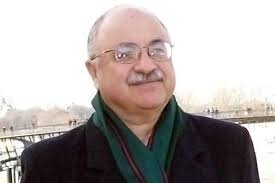





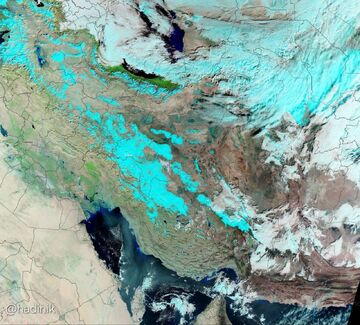


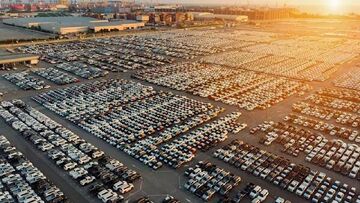
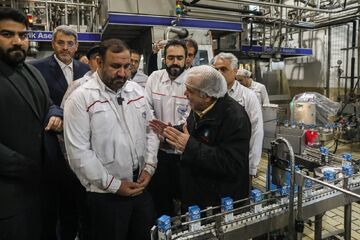
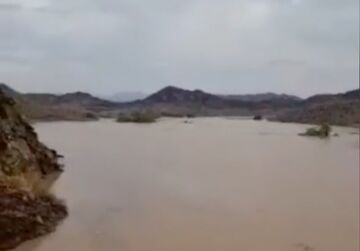
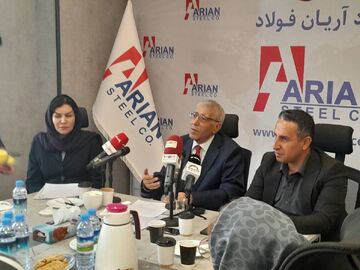

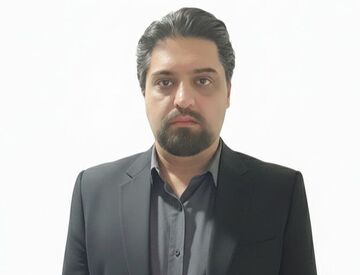
نظر شما